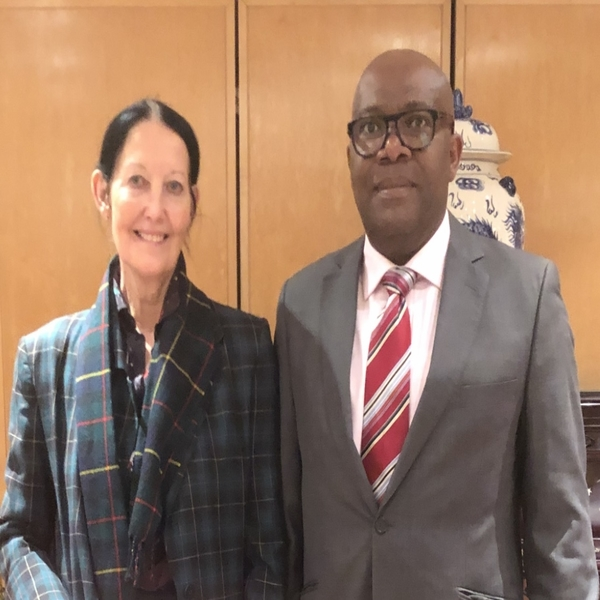
Our objective is to raise awareness on the prevailing situation in our country and call on stakeholders to act and act promptly. We intend to highlight the prevailing causes and how we can work together for a Safe Society.
Our team of experts from the United Kingdom Led by Dr Linda S Spedding, International Lawyer and Advisor will put the 2 Days Summit together for best practice.
The conference concept is to have on Sustainable Development, Environmental Risk and Reputation Summit that considers also the Sustainable Development Goals (SDGs). It has been said that the SDGs as “a good roadmap for our investment process” and one that can “align companies, investors and society”. This involves proper risk management, due diligence and governance in relation to organisations, projects and investment as the perception of value at risk” from poor management of environmental and social issues has changed since the Millennium Development Goals (MDGs).
The SDGs are relevant and still timely in that they tie in with a growing interest in impact investing and in particular the recognition that, as the ILG puts it, “[t]he challenge now is to bring simplicity to the measurement and reporting of impact within a credible, scientifically robust framework…The framework is not a complete solution but a first step towards grappling with an extremely complex reporting challenge.”
To the extent that it is the infrastructure and environment-oriented SDGs that investors are focusing on, the goals can be seen as a way of framing investment strategies and the beliefs about the importance of environmental, social and governance (ESG) issues that are already espoused by many European institutional investors.
The discussion will cover the practical implementation of these goals and values such as the environmental, social, and governance (ESG) covenant for pension funds, which would also involve government and societal organisations. Another is the
agreement, for “international corporate social responsibility” (IMVO),which is aimed at improving co-ordination and the exchange of expertise between pension funds, which should result in shared definitions and standards, according to the federation.
Another initiative to be considered in the discussion are the due diligence recommendations in the OECD Guidelines for Multinational Enterprises “in order to prevent or address adverse impacts related to human and labour rights, the environment, and corruption in their investment portfolios”.
Another topic for discussion is the significance of Responsible Investment and the Principles for Responsible Investment (PRI) as a resource to apply responsible investment standards that conform to international standards. According to the PRI, key expectations for international investors included:
using their “leverage” to influence companies;
tracking performance of the investor’s management of risks and impacts;
communicating the results of investments;
enabling remediation when an investor has caused or contributed to an adverse impact.
All stakeholders are relevant and influential and require discussion. Investors play a very crucial role in promoting [responsible business conduct] amongst the companies they invest in. Indeed this is an expectation of enterprises under the recommendations of the OECD guidelines.”
Ethics and sustainable development will be a further topic and workshops and breakout sessions will be available to achieve some practical outcomes. Naming and shaming will be a tool to achieve best practice and improve reputation risk management.

